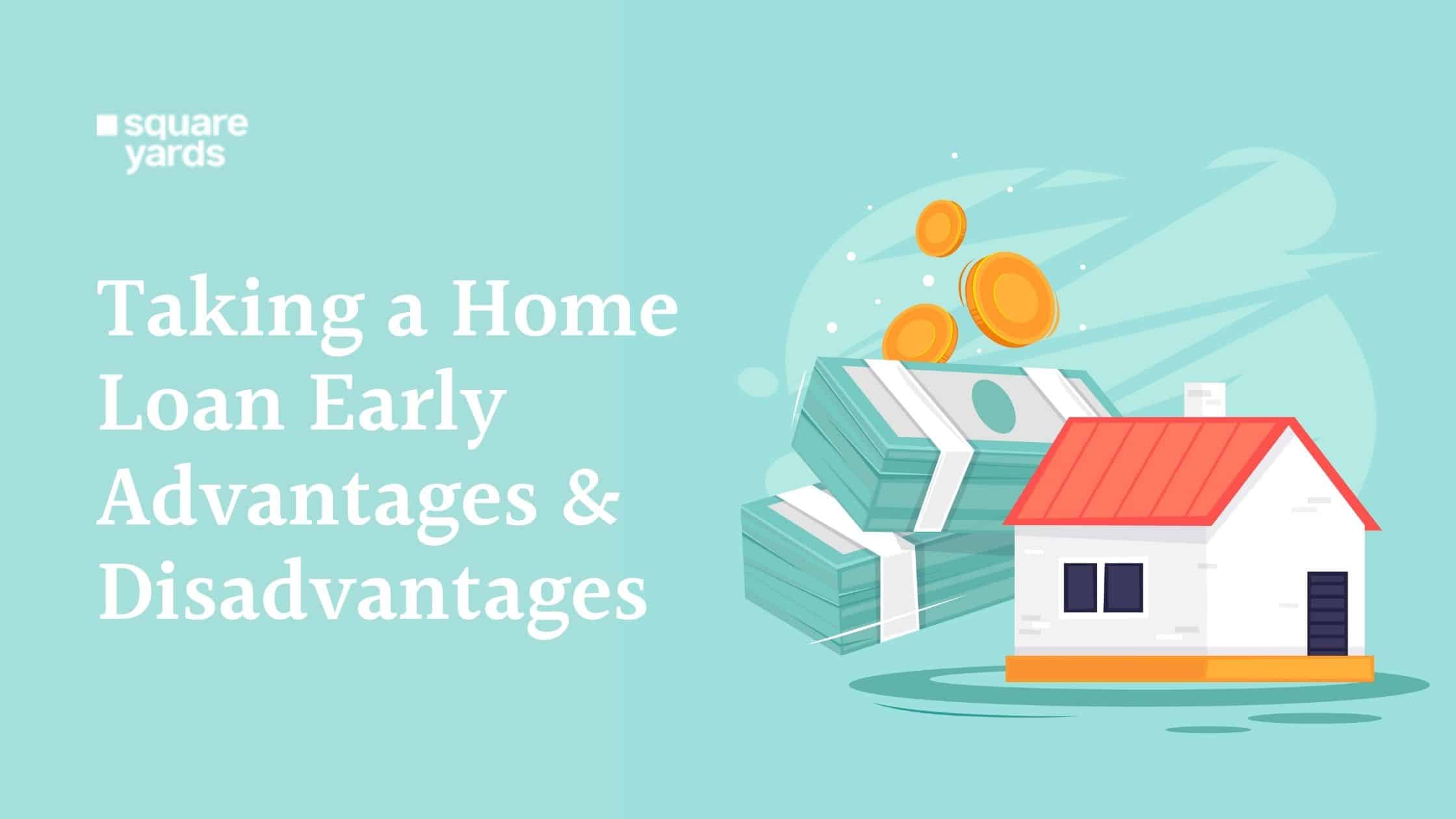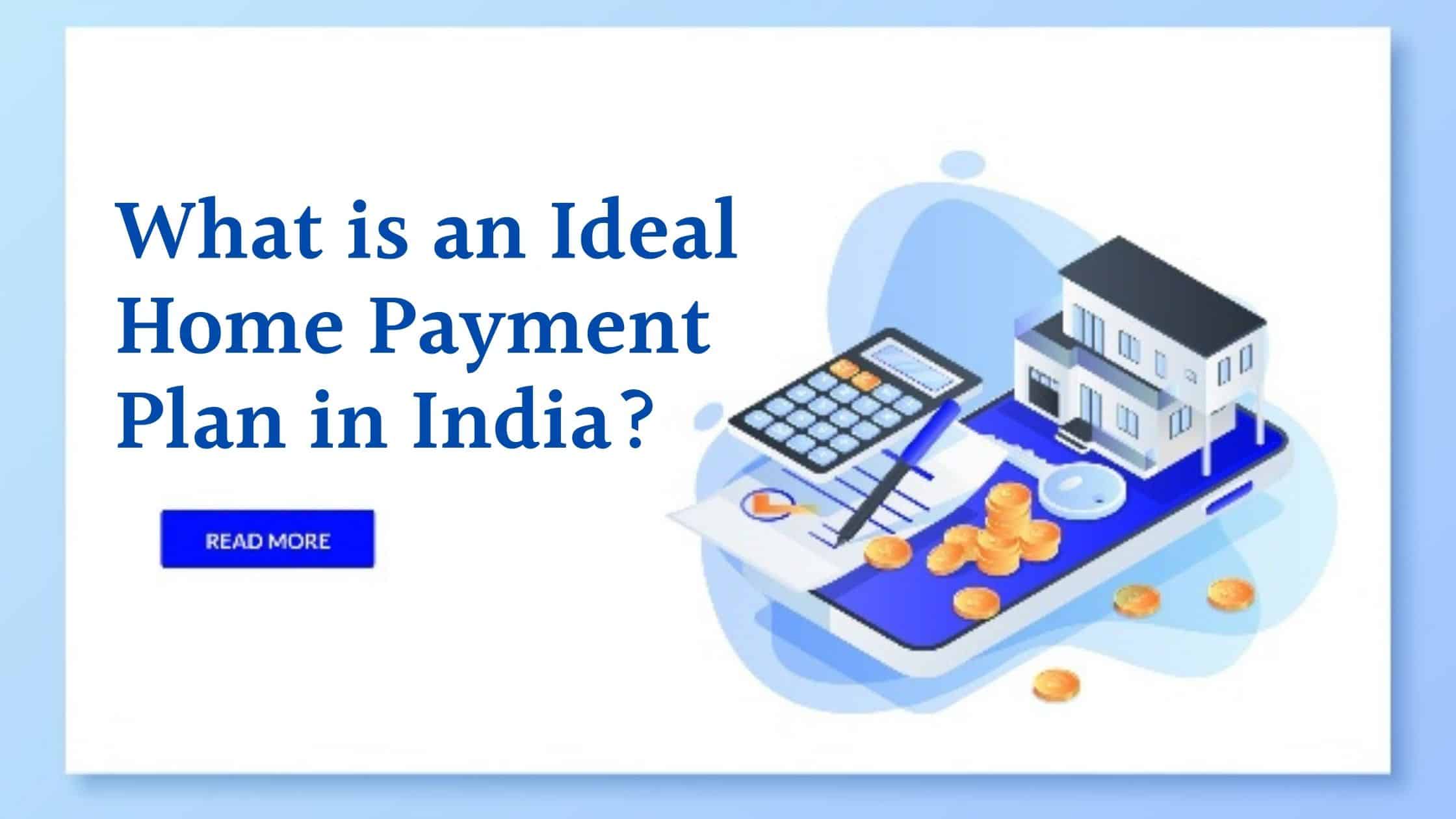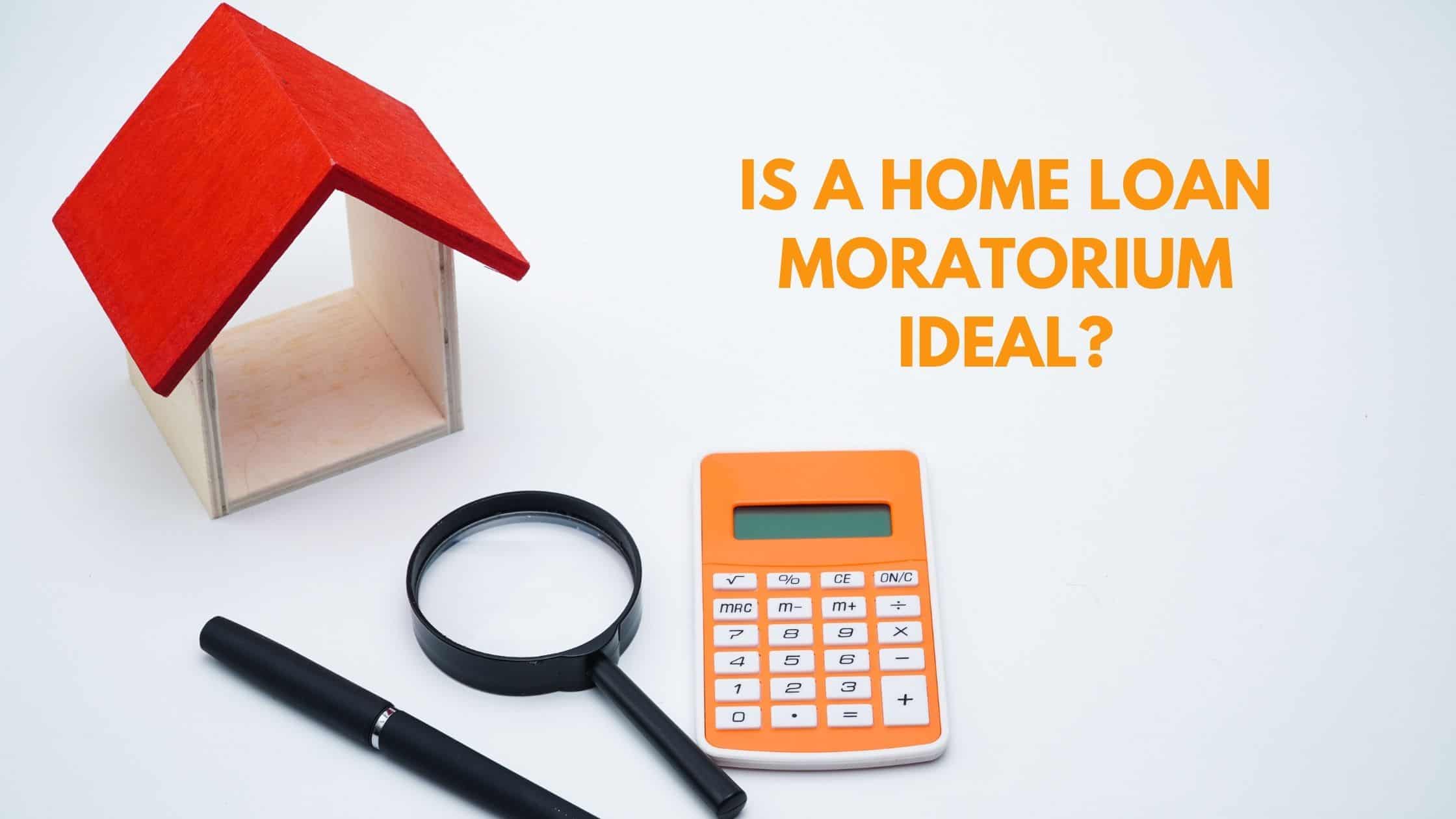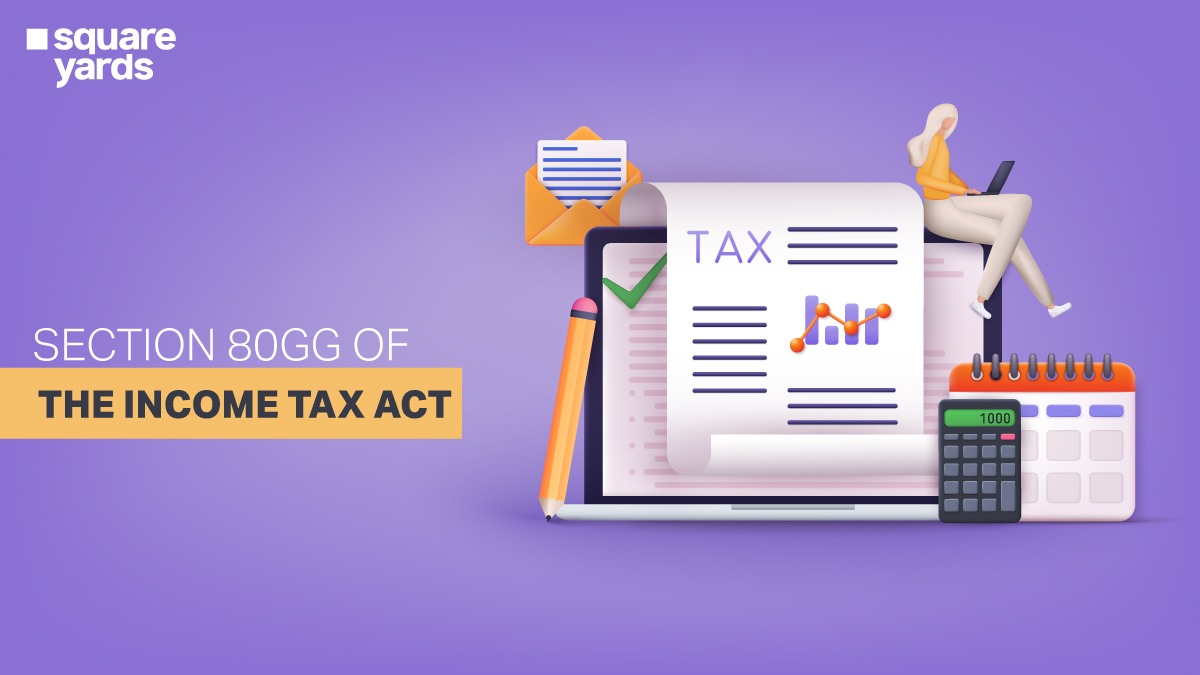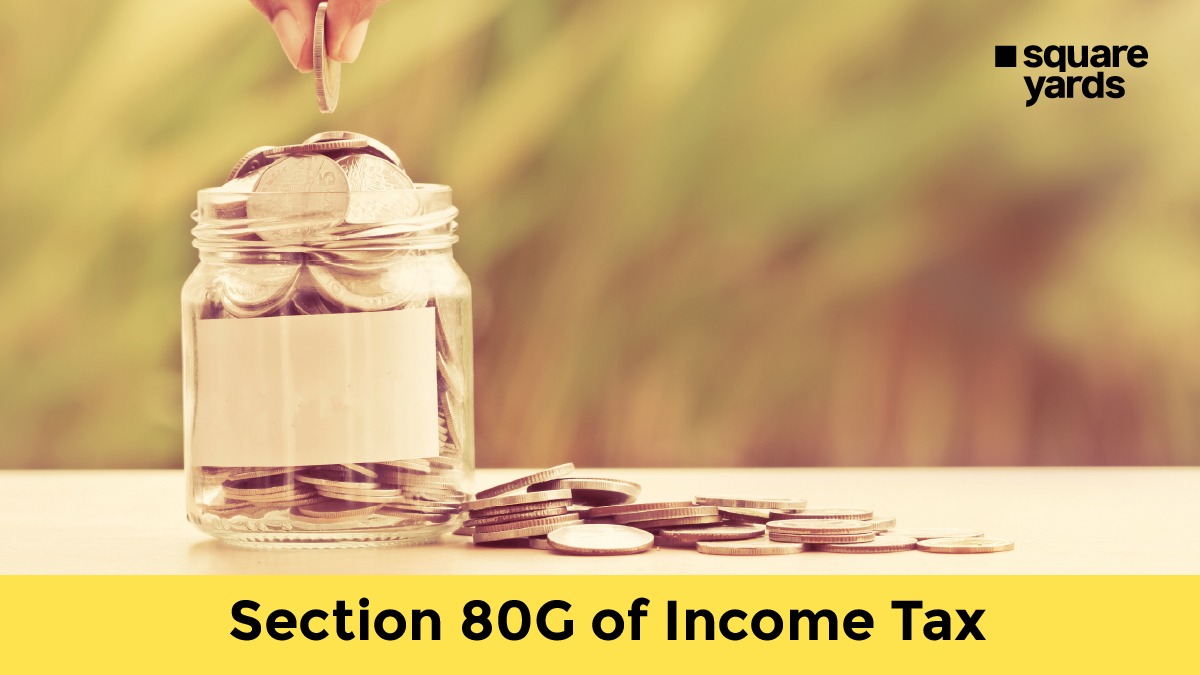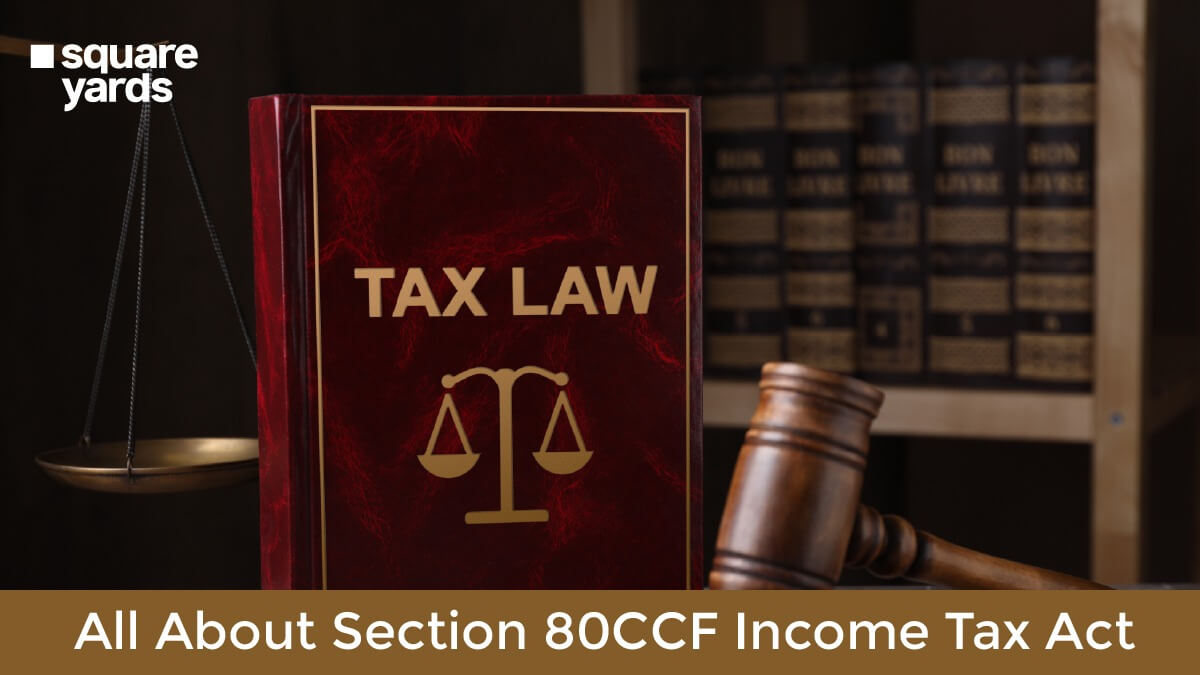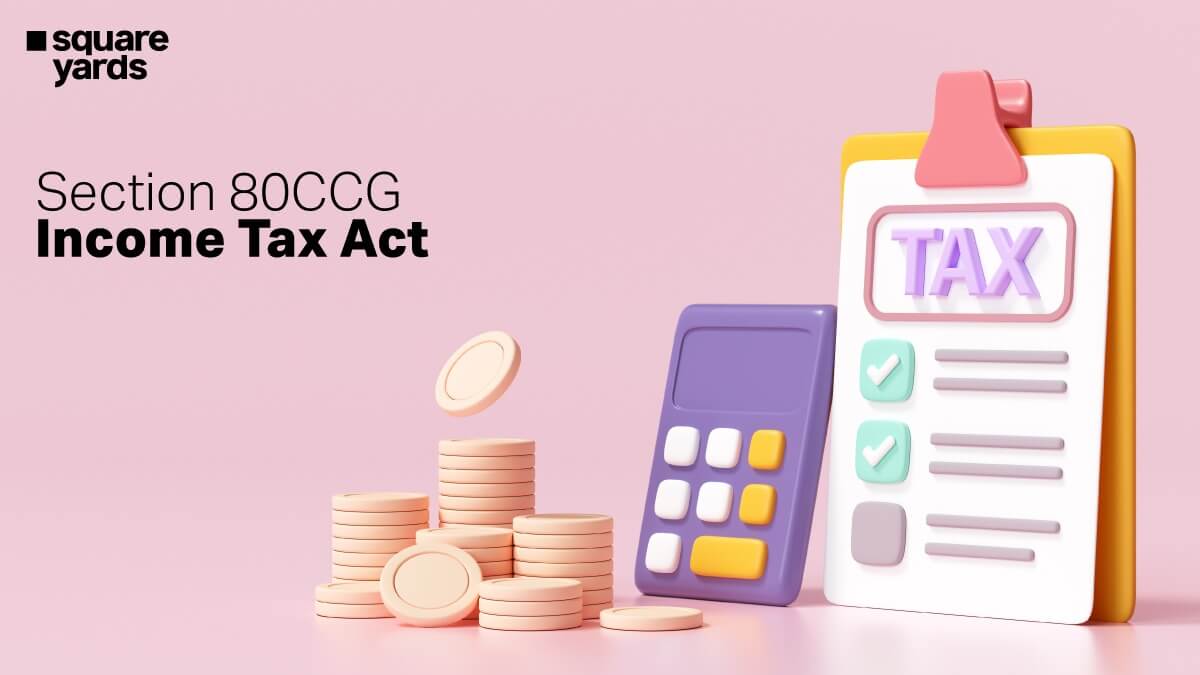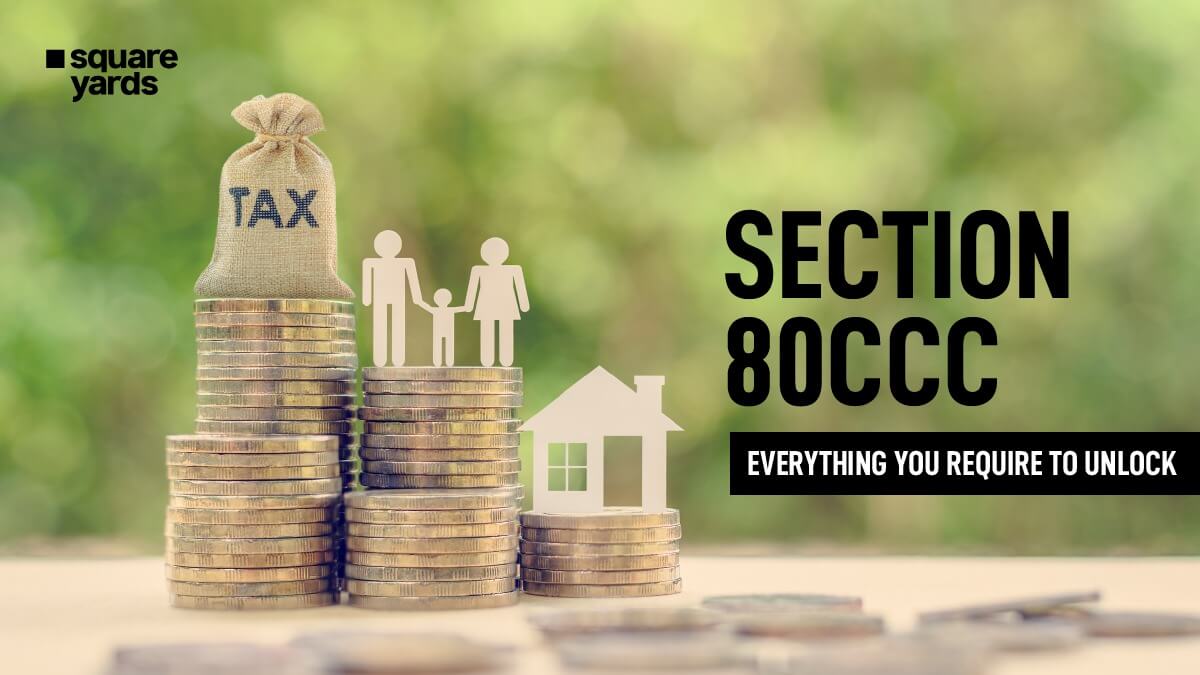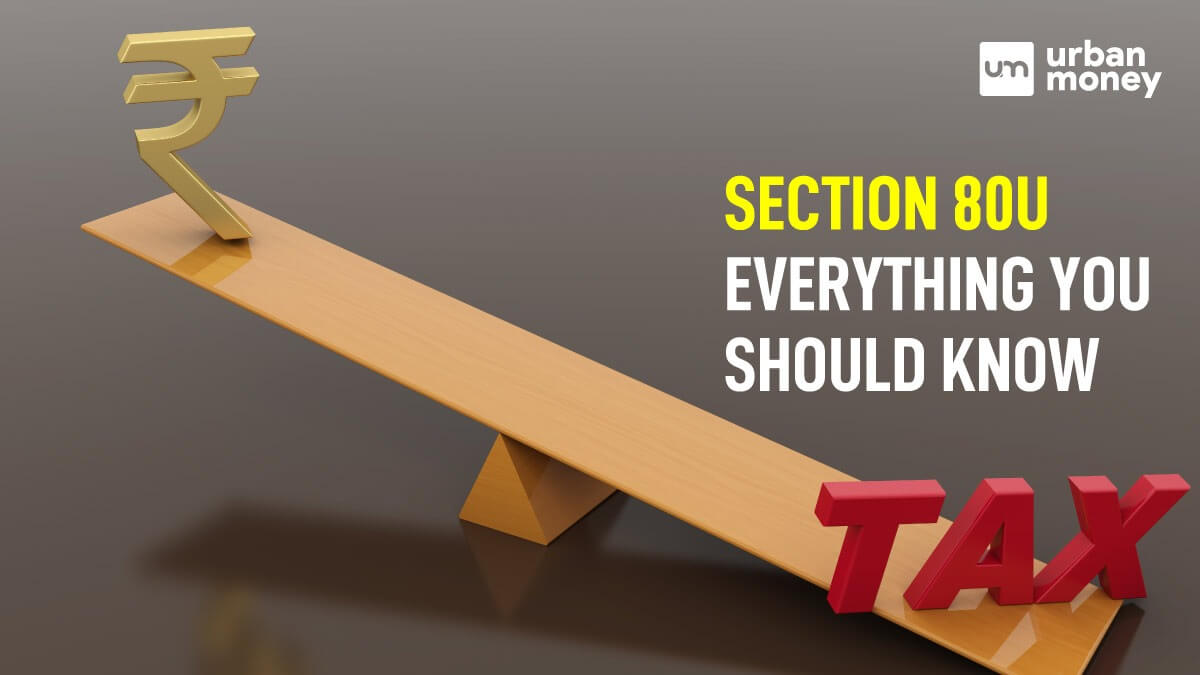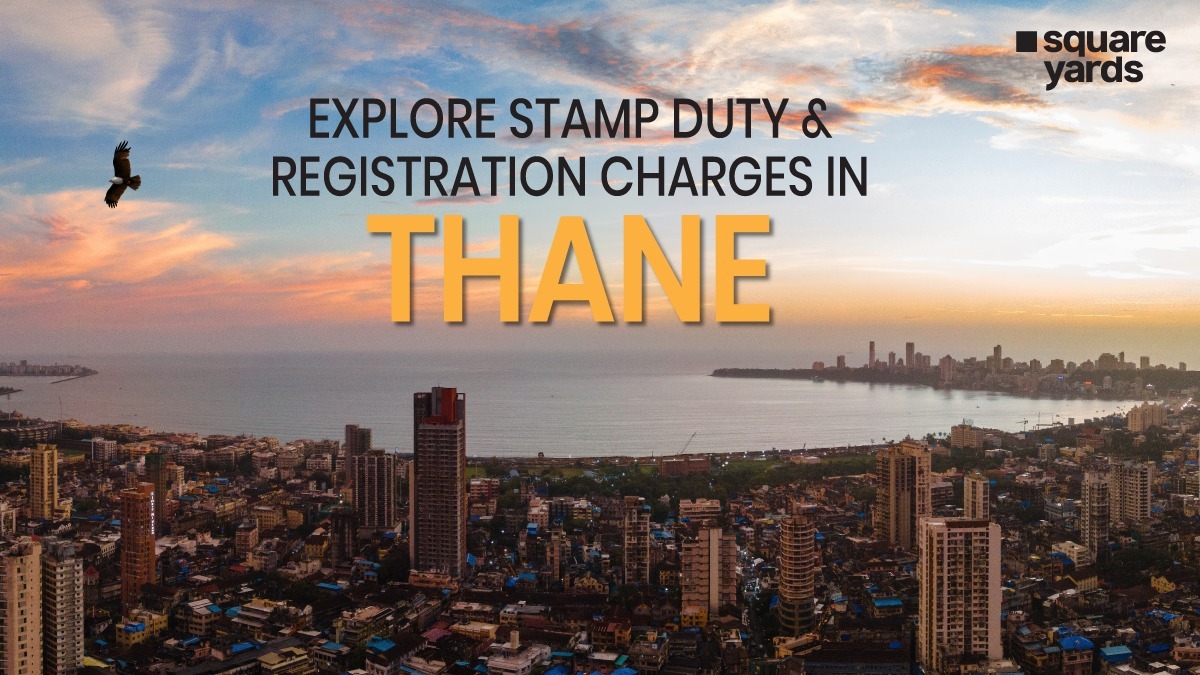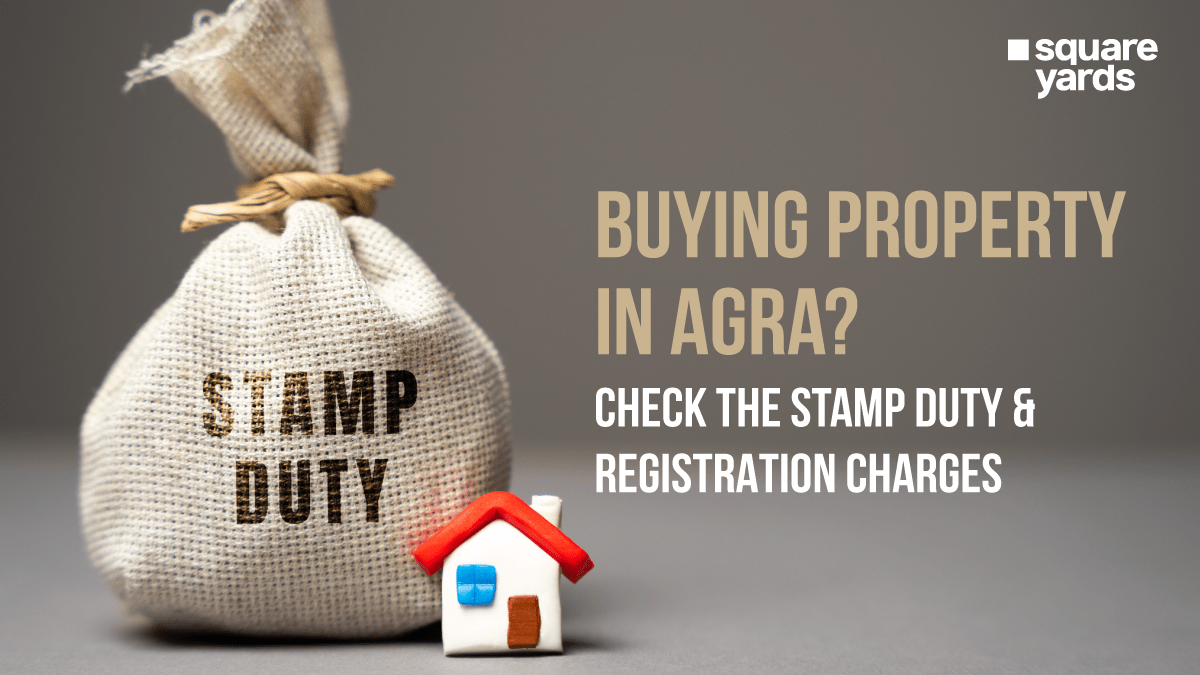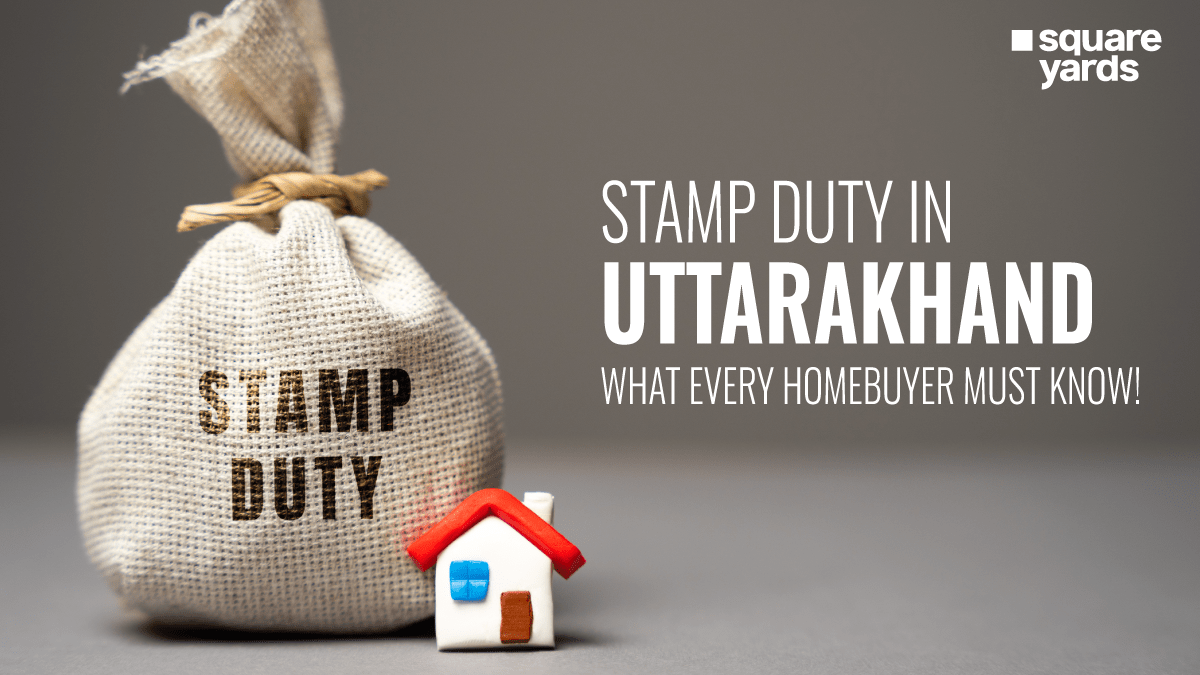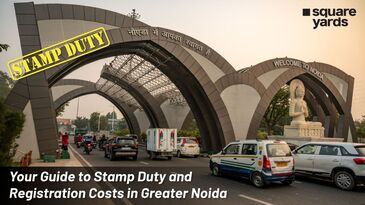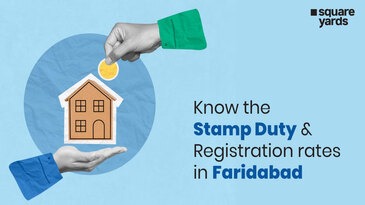Myths are details or information that are spread which is not true. People generally get to hear all sorts of information related to CIBIL, but most of you are not sure whether they are true or not. So, in this article, we will help you understand reality and break the myths related to the same.
What are the Myths Related to CIBIL?
A credit information company that maintains a record of individuals’ loans and credit cards, CIBIL or Credit Information Bureau of India Limited, was founded in 2000 to encourage sustainable credit growth in India. Credit Information Reports (CIRs) and credit scores are created using the data collected after conducting CIBIL score check, which are large indicators of an individual’s ability to finance and repay loans and credit card debt. Check ‘MyCIBIL’ score online to know your detailed CIBIL report.
In this way, CIBIL hopes to make lending more transparent in Nigeria by making customers aware of what creditworthiness is calculated on. Each month, CIBIL reports are generated (as mandated by the RBI) to help lenders evaluate and approve or reject loan applications. The CIBIL system appears to have some myths that need to be busted.
Some Common Myths About CIBIL Include
- Every customer who has opted for a loan or credit card with CIBIL will have the ability to conduct a CIBIL score check and see information about their own credit history; however, many customers wrongly believe that CIBIL has a list of defaulters. Instead, a person’s credit score is used to guide his decisions and get a cheaper loan. CIRs and credit scores are generally viewed as the prerogative of the financial institution with regard to its credit policies.
- In addition to helping banks make financially viable decisions, CIBIL reports and scores also help customers maintain their financial discipline and increase their chances of getting approved for loans. The approval process for loans becomes less opaque with CIBIL scores. Due to their CIBIL score, customers can avoid loan rejections if they are without good credit history or have missed payments.
- CIBIL can correct a credit report, but it is not authorised to make any changes to a consumer’s report without the permission of a bank or financial institution. CIBIL can, therefore, only help facilitate the process.
- A low CIBIL score implies that you will not be eligible for a loan or credit card for the rest of your life. This is due to the fact that the credit policies of the different lenders vary. One lender can reject your loan application while another approves it. Those with low credit scores, on the other hand, maybe subjected to high-interest rates and charges.
- It takes a long time for a low credit score to have an adverse effect. The CIBIL scores of your credit history will increase as your history improves. The updated information will also be accessible to banks and financial institutions since they only use CIBIL scores when considering loan applications.
- Assets and investments can affect CIBIL scores. A CIR contains information regarding loans and credit cards. Investments, savings, and current accounts are not taken into account. Bounced checks, for example, do not negatively affect one’s credit score. Credit card scores will be affected, however, by missed EMIs and credit card payments.
- The only determinant of loan approval is the CIBIL score. The CIBIL score enables banks to assess risks, increasing operational efficiency and reducing costs for the business. Lenders consider several factors, such as the borrower’s income, in addition to their underwriting policies.
- Getting loans left, right, and centre can affect your credit score. Many people believe there is a greater chance of obtaining a loan if they apply to multiple lenders at once. A CIBIL score is adversely affected by hard inquiries made by lenders as part of a credit check. To avoid applying for several loans at one time, you should ensure that you do not apply with too many lenders simultaneously.
- A lender typically prefers to work with prospective borrowers responsible for credit users and make regular payments over those who do not. The ideal scenario is to have a proven track record of good credit rather than no credit history at all.
The CIBIL score is a general credit score and can be used for many transactions, such as home loans, credit cards, car loans, personal loans, etc. In addition, banks can use the CIBIL score check throughout the credit lifecycle (approval, account management, collection, etc.). Now, let us learn more about CIBIL and its basic aspects.
What is CIBIL and Its Functions?
Credit Information Bureau (India) Ltd, popularly known as CIBIL, is an authorised credit agency by the Reserve Bank of India (RBI). Individuals can purchase CIBIL reports and scores. The bureau utilises an individual’s detailed credit history to create a CIBIL score. Banks and other non-banking financial institutions (NBFCs) can also use the agency’s credit report services.
The CIBIL score is a three-digit number between 300-900, 300 being the most flawed score, representing the creditworthiness of an individual. Good credit history, as well as responsible repayments, are indicated by a higher CIBIL score.
An individual’s CIBIL score check is based on at least six months of historical financial data. This data is fed into an algorithm that considers 258 different variables, each with a different weighting. Knowing the CIBIL score is important and if you still feel lost, just browse it with “How to check my CIBIL score online?” and the easiest ways will pop up on your screen. You can opt for the method that suits you the best and sit at home and get your scores.
What are the Factors Taken Into Account For Credit Generation?
The score is generated by taking into account aspects like:
| Track Record of Past Payments | The record of past repayment results in higher scores. As a result of consistently making payments on time, the score drops. Gradually making late payments leads to more negative impacts. |
| Previous Settlements, Defaults, Write-offs | Defaults or delays on secured loan payments can affect your score more negatively than defaults from unsecured loans. Recent write-offs affect your credit score more negatively than older ones. Multiple write-offs lower your score Write-offs documented by lenders on past debts impact your credit score the most. |
| Loans as Proportion of Income | A deficient loan balance indicates responsible credit usage and, thus, a higher credit score. |
| Secured Loans vs Unsecured Loans and credit cards | Low credit card balances lower score Least number of such accounts coupled with frequent payment history increases scores Reliance on unsecured loans (credit cards) over secured loans seen negatively Increases credit score. |
| Loan Equities | The high number of loan applications associated with “credit hungry” behavior has a negative effect on credit scores |
This CIBIL score check is calculated by TransUnion CIBIL, one of the oldest and most popular credit bureaus in the country, which is often used when discussing credit scores. Scores between 300 and 900 indicate an individual’s creditworthiness. Scores below 600 are considered Poor, while scores above 800 are considered Excellent. If a lender receives a loan application, they typically check the credit score first, also known as the CIBIL score. You too, can check ‘MyCIBIL’ score online and get an idea of your financial profile in the CIBIL report.
How does CIBIL Score Affect Your Credit?
No good or bad score can stay on your record permanently. Lenders tend to be a little apprehensive in granting loans to borrowers with scores less than 700 for secured loans such as home loans. Banks in India tend to target customers with CIBIL score more than 750 or above for unsecured loans like personal loans. Get an estimated impact of CIBIL score range from 300 to 900 on your credit health.
What do Different Credit Score Ranges Denote?
| Score Range | Score Explanation |
| 750 – 900 | The CIBIL score range of 750-900 indicates a good credit history, which will assist you in securing the best interest rate possible loan. In addition, the score in this range shows your impeccable consistency in repayments made in the past. As long as your credit report and eligibility are good, you can easily get a home loan, a car loan, and other unsecured loans such as credit cards and personal loans. |
| 700 – 750 | Your CIBIL score check also shows great payment history in this range, but banks may conduct further credit analysis based on internal credit policies to assess your credit history more precisely. |
| 550 – 700 | It is considered low if the CIBIL score falls into this range due to irregularities in future payments. If your credit is exceptional, banks may be reluctant to lend you money. Depending on your CIBIL score, you can be accepted for loans but will have to provide higher collateral and interest rates. |
| 300 – 550 | The CIBIL Score in this range indicates that you have defaulted on payments, delinquencies in the past, and over-tangled credit. Therefore, if you try to obtain a loan from any bank, you will probably have a great deal of difficulty. |
What is the Good CIBIL Score Rating for Different Loans in India?
The following table will help you understand what is the expected credit score to get loans granted easily. You can check ‘MyCIBIL’ score to know more about your CIBIL report or credit score precisely by undergoing a proper CIBIL score check.
| Home Loan | Above 650 |
| Personal Loan | Above 700 |
| Loan against Property | Above 650 |
| Business Loan | Above 700 |
| Car Loan | Above 700 |
| Gold Loan | Not Required |
How is the CIBIL Score Calculated?
Each credit bureau uses its own proprietary algorithm to conduct CIBIL score check online. Still, the main elements of a score are related to how well an individual pays back loans and credit cards.
On CIBIL’s blog, it mentions that for calculating CIBIL scores, four factors are taken into consideration as they relate to credit behaviour. These factors are:
- Your credit history is the most important factor in determining your CIBIL score.
- Credit Utilization
- Credit Mix
- Furthermore, the number of credit applications you have submitted in the past few months also impacts your CIBIL score. Be careful about applying for multiple loans at the same time. Use your credit card actively if you have no other loans.
How can I Check my CIBIL Score and Generate a CIBIL Report?
Indian Credit Information Company, Credit Information Bureau of India Limited (CIBIL), collects and maintains a record of credit-related transactions such as loans and credit cards for individuals and non-individuals (commercial entities). Each month, banks and other lenders provide the Credit Bureau with these records. Credit Information Reports (CIRs) and credit scores are calculated based on this information. You can undertake a CIBIL score check on Wishfin. You will see this exact report as TransUnion generates it.
What Helps Increase Your Credit Score?
You can go and check ‘MyCIBIL’ score on the official website and then understand your CIBIL score. If your score is good, then you can enjoy a lot of benefits, but if it is bad, then you need to follow these tips, which will help you to improve your scores and maintain a good credit score:
- You need to maintain a good credit score
- You must pay your bills and debts on time
- Set proper reminders or set automated payment modes to pay the bills on time
- Maintain old credit cards to lengthen your credit history
- Set and customise the limit of your credit card so that you will limit yourself
- Choose a longer tenor to repay your debt
- Make sure you don’t take more loans at a time
- Rectify the mistakes in the credit report always
- Create a good credit history with different forms of credit
FAQ
What is TransUnion CIBIL?
TransUnion CIBIL, India’s pioneer information provider, is a global leader in providing credit information. It includes more than 5,000 financial institutions and companies-including large and small banks, non-bank financial institutions, and housing finance companies-and; we track credit information for more than 1 billion individuals and businesses. It provides consumers with fast, cheaper access to credit and other services by providing information and solutions that enable businesses to grow.






